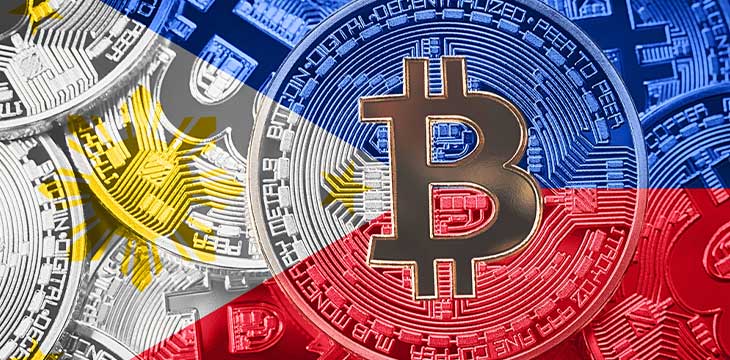|
Getting your Trinity Audio player ready...
|
The Bangko Sentral ng Pilipinas (BSP) has disclosed it will not be exploring the retail version of its central bank digital currency (CBDC) but will focus its efforts on transactions between financial institutions.
The central bank confirmed that it remains keen on launching a wholesale CBDC in the future to improve settlement times between banks. BSP has previously announced the start of its wholesale CBDC pilot program dubbed Project CBDCPh, with several leading financial institutions playing a part in the program.
“We will not go into retail CBDC. We will be in wholesale CBDC, which hopefully, will also facilitate cross border transfers. And of course, the dream is for any ASEAN citizen can use their phone to make payments wherever he is in the ASEAN,” BSP Governor Felipe Medalla said.
Medalla’s statement suggests that BSP is considering a cross-border payment functionality for its CBDC with a firm focus on collaborating with other Southeast Asian nations. At the moment, there are already whispers of cooperation between the central banks of Indonesia, Thailand, and Singapore.
The BSP’s reluctance to explore a retail or general-purpose CBDC lies with its concern that Filipinos might consider the offering as just another payment mechanism jostling for the attention of customers. The Philippines’ payment industry has been described as being over-saturated with a trove of fintech platforms offering different payment options to customers.
A consultative paper from the BSP also submitted that a wholesale CBDC would be ideal for solving the challenges stemming from using commercial bank funds in equities and settling large international transfers. Critics of retail CBDCs quickly point out the lack of interest in Nigeria’s eNaira as a reason for the BSP to focus on wholesale CBDCs.
Changing the financial landscape one inch at a time
The BSP has also disclosed other plans to convert the country into a cashless economy in the coming years. The central bank’s goal is to move 50% of all transactions to digital-based in 2023 and to increase the number of residents with a bank account to 70%.
While the task appears daunting, the BSP has announced several initiatives to bring it one step closer to its lofty goals. The plans include the launch of InstaPay Debit PUll and Request to Pay which has earned the approval of pundits.
Both payment rails will allow customers of financial institutions to transfer funds to other institutions, including licensed digital exchanges, with minimal transaction fees.
The BSP confirmed that the number of digital payments spiked by 30% in 2021 following the COVID-19 restrictions, and it expressed optimism of surpassing the figure in 2023.
To learn more about central bank digital currencies and some of the design decisions that need to be considered when creating and launching it, read nChain’s CBDC playbook.
Watch: Philippine Web3 Festival press conference

 03-02-2026
03-02-2026 




